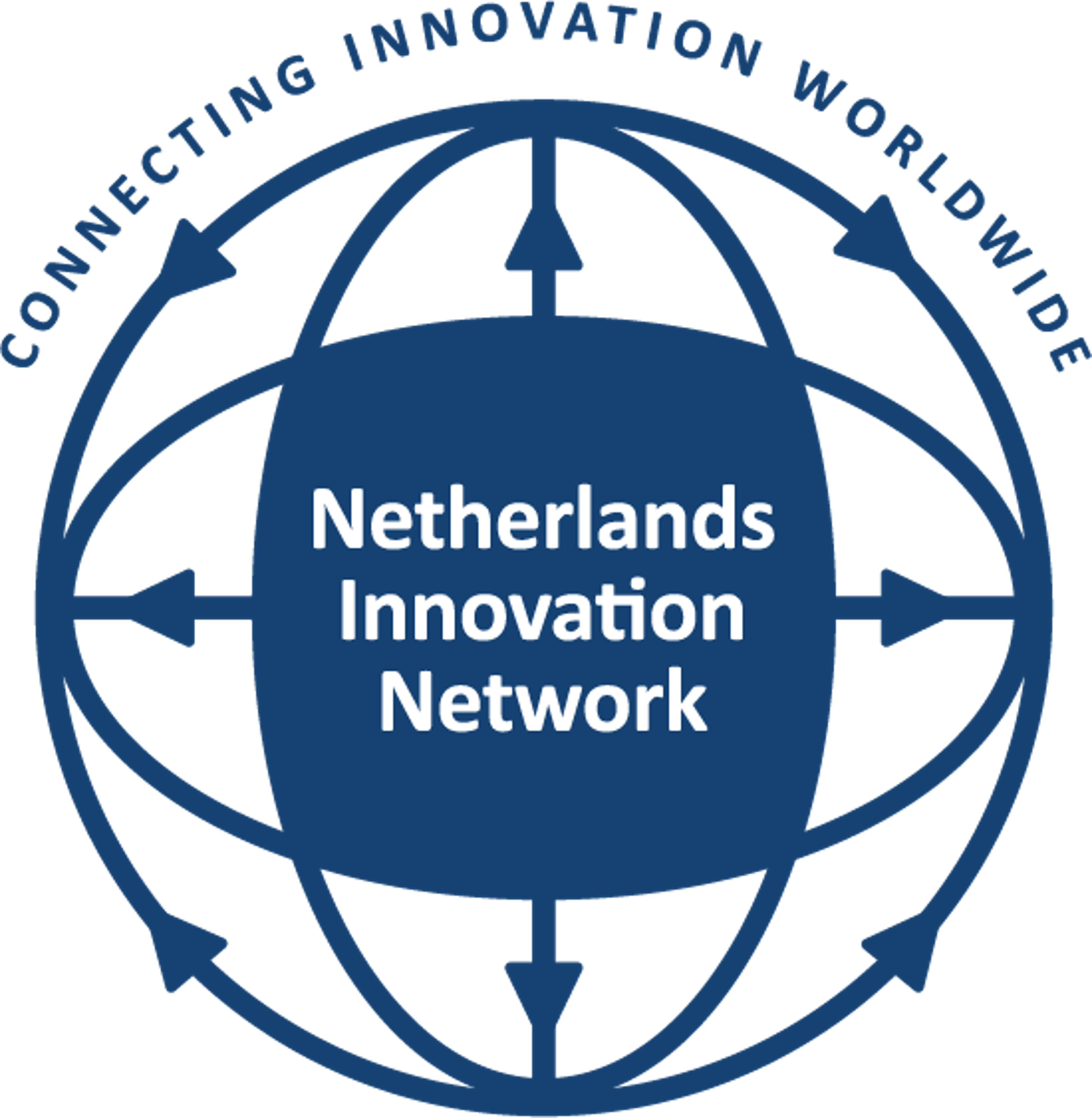Consul-General Ms. Anne Luwema and some of the TU Delft students next to their winning entry in the ISA Global Student Contest. ‘Helios’ consists of a total of 9216 LEDs and is described by the students as ‘enormous and awesome’. More about Helios at helios3d.nl. Today a team of students from the Delft University Technology has been awarded the first …
Applikon Biotechnology establishes demo lab in Guangzhou
On November 1, Dutch company Applikon Biotechnology held a ceremony at the South China University of Technology (SCUT) to inaugurate its joint demonstration lab in the School of Biological Science and Engineering. The company has donated two sets of highly innovative mini fermenters and two of the latest RAM resonance acoustic mixers to further improve to provide a higher quality …
Military technology to improve people’s lives
Today’s China Daily features an article on how military technology can improve (civilian) people’s lives. The article mentions two specific technologies, all developed by the National University of Defense Technology (NUDT). The first technology is an advanced control technology originally developed for the military by the university, but now to be applied in the medium-low-speed maglev (operating speed 1t 120 …
World University Rankings: Netherlands and China rising
The Times Higher Education (THE) posted this interesting graph on the 2012-13 World University Rankings website. Source: www.timeshighereducation.co.uk The graph is showing an outstanding performance of the Netherlands, both in terms of the number of institutions in the top 200, as well as in terms of average change in rank per university. There are now 12 Dutch institutions in the …
Agreement on building a 15-GW hydrokinetic plant
Officials from China and the Netherlands have signed an agreement that could create a 15-GW hydrokinetic plant off the Chinese coast. The project would involve the construction of a 30-km by 60-km T-shaped dam that would be fitted with a number of conventional low-head turbines. The Dutch consortium, called POWER (Partners Offering a Water Energy Revolution), says the massive length …
Chinese researcher granted European Gene Patent
‘Encoding chicken type II collagen (CCOL2A1) full-length gene and its application” was recently granted the “European Gene Patent” by the European Patent Office. This gene patent was invented by Professor Xi Yongzhi from China’s 307 Military Hospital. It will be China’s first internationally recognized European gene patent with high potential in its application in gene drugs to treat rheumatoid arthritis. …
Vice-minister Buijink visits Huawei in Shanghai
Today vice-minister Buijink visited Huawei in Shanghai. He had a meeting with mr. Zhang, Senior vice president of Huawei. The topics that they spoke about were among others experiences from Huawei in the Netherlands, the Dutch High-Tech knowledge and the cooperation and possible expansion with ACE. Huawei Technologies Co. Ltd. is a Chinese multinational networking and telecommunications equipment and services …
Chinese aim to be world technological power by 2049
“China aims to become a world technological power by 2049 and strives to be a leading nation in innovation and scientific development”. This almost prophetic announcement was made in document released by the Central Committee and the State Council last Sunday, as reported by Global Times. 2049 marks the last year of the Chinese Academy of Sciences roadmap “Science & …
Sino-Dutch Chemistry & Materials Seminar
On monday 24th of September a seminar with the topic on “The role of chemistry for future, advanced materials science” has taken place in Shanghai. H.E. Mr. Chris Buijink, Vice Minister Economic affairs, Agriculture and Innovation (EL&I), officially opened the seminar. Participation in the seminar came from representatives from government, chemistry & materials companies and research institutes. In total there …
Leiden University Medical Center and Guangzhou Institute of Biomedicine and Health to start collaboration
The Leiden University Medical Center (LUMC) and the Guangzhou Institute of Biomedicine and Health (GIBH), an institute under the Chinese Academy of Sciences, have announced the start of a collaboration project. The two parties will investigate and identify possible lead compounds for treatment of pulmonary arterial hypertention and fibrodysplasia ossificans progressiva by using patient-derived pluripotent stem cells. Pulmonary arterial hypertention …
